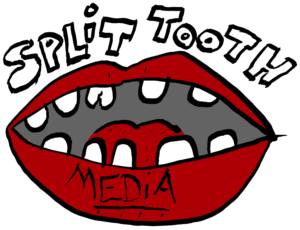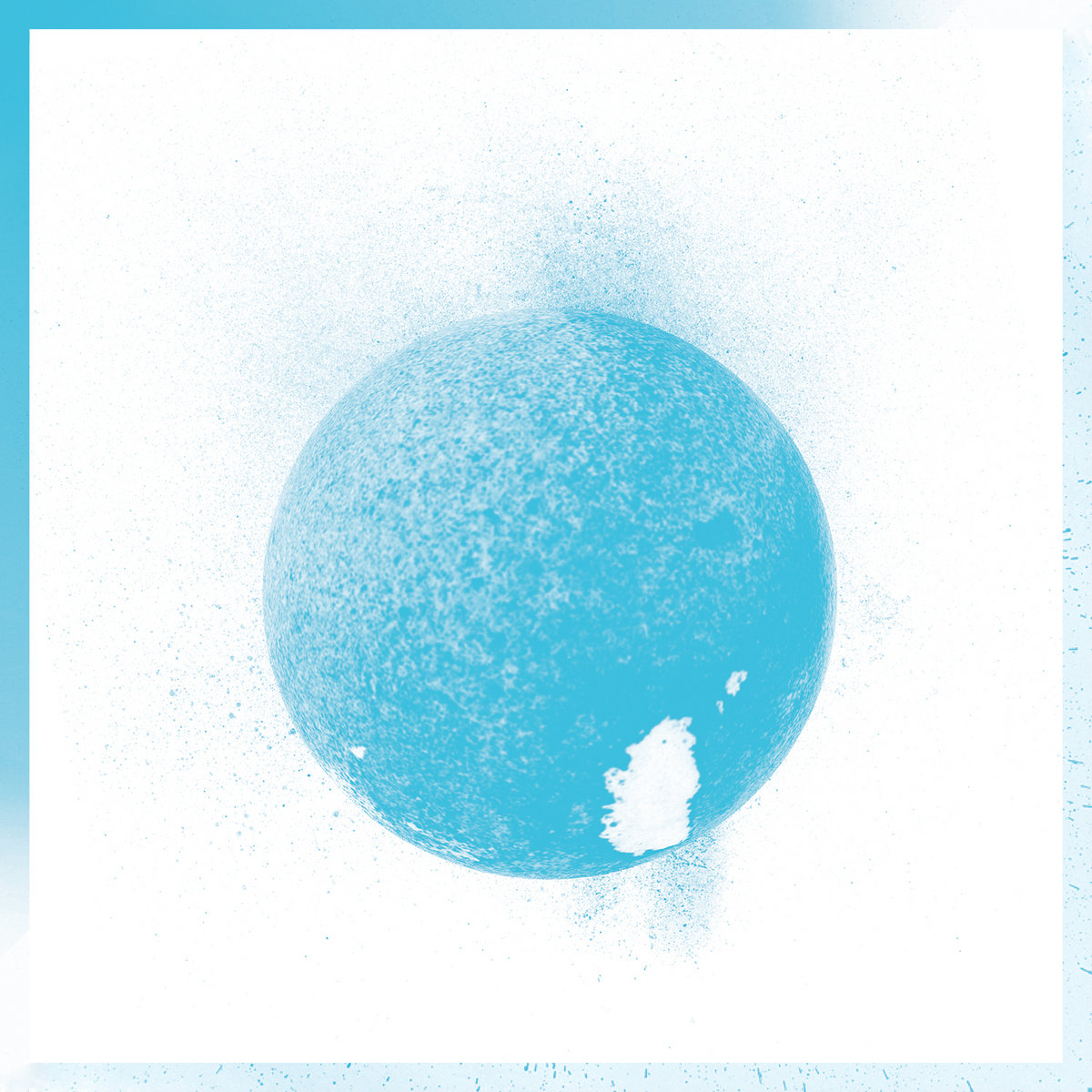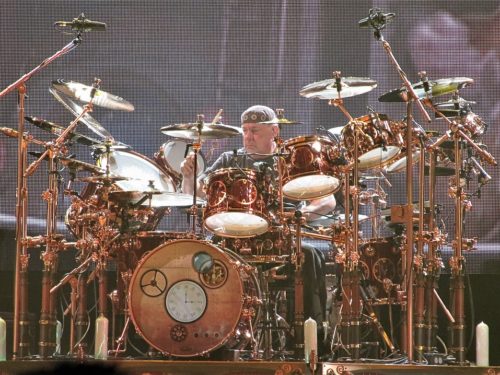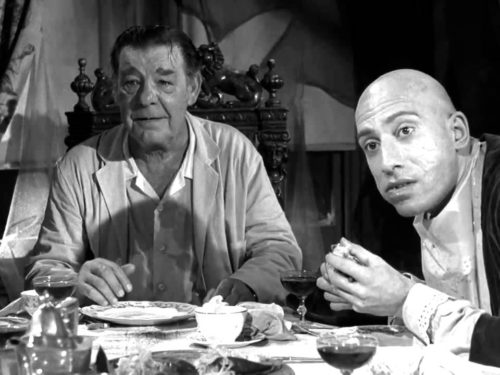A decade after Cerulean’s release, Will Wiesenfeld’s romantic drama has only grown more powerful
The surface of Baths’ Cerulean is so pristine as to evoke every Hyrulean idyll you’ve ever fantasized about; beneath it boils a sea of anger, anger that might not look like anger because it’s not expressed in the way we’re used to seeing it expressed. But it’s there. And it’s an anger every queer person knows intimately: the kind that’s felt when love and defiance are the same fucking thing.
Cerulean came out in 2010, a year when LGBTQ+ rights seemed on an upward trajectory in the United States. Gay marriage was slowly becoming legal, queer characters were slipping into mainstream media as more than just stereotypes, and the idea that queer people were as deserving of life and love as anyone was becoming a centrist position rather than lunatic left-talk. The early-Obama-era gay rights movement seems myopic now; marriage wasn’t an end-all, I rarely heard anything about trans people, and rainbow capitalism was easy to fall for, especially when Lady Gaga and Katy Perry backed it up with hard club beats. But the human race seemed to be progressing, an optimism that seems quaint in these hell-times. It was hard to hear Will Wiesenfeld sing “we’re still not valid” on “Plea” and not think of Proposition 8 in his native California, which would be ruled unconstitutional less than two months after Cerulean’s release. When I caught Baths in 2013 at San Francisco’s Great American Music Hall, three days after that court decision went into effect, he played “Plea,” and someone in the crowd shouted, “We’re fucking valid now!”
And it was hard to hear “Heart,” with its tale of two lovers meeting “in the night like this was wrong” and setting out on the road, without thinking of the bright future that seemed to lie ahead for LGBTQ+ people. Then songs like “You’re My Excuse to Travel,” where Wiesenfeld screams about the distance between himself and his lover as if he’s folding the world over on itself, or “Departure,” where he sings “feels like I cannot kiss you hard enough,” began to take on new dimensions. These songs affected me so deeply as a queer teenager because they felt like microcosms of the struggle we seemed to be winning. Love is never small in Wiesenfeld’s songs; it is sacred, dangerous, profound, worth smashing every barrier life puts in your way for. And while some of Wiesenfeld’s later songs (“Sex,” “No Eyes”) contrast the guilelessness and goodness of true love with the cynical pursuit of sex, Cerulean is all about love, and how nothing can or should stand in its way. This is one of the great romantic dramas in pop music.
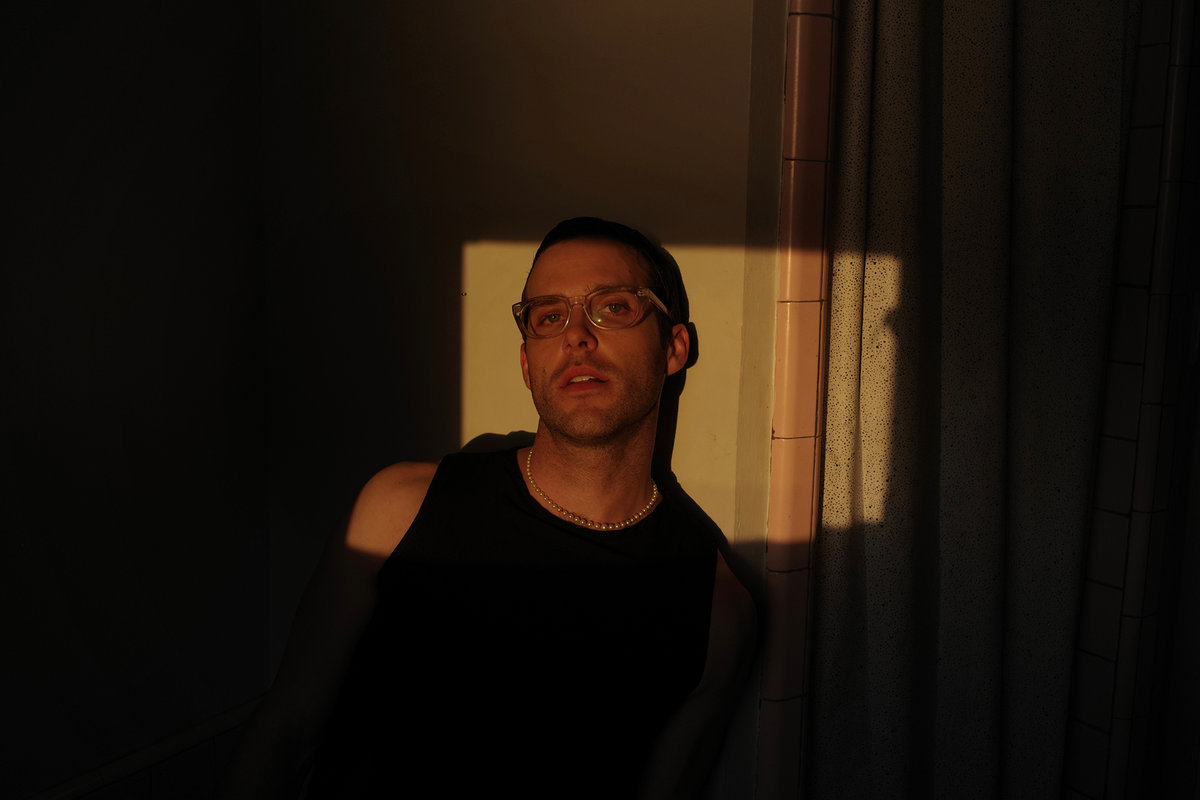
Cerulean was misunderstood when it came out. Critics took note of the low-pass filters he loved and lumped him in with chillwave. Others noted he was from L.A., heard the hip-hop lope in his drum loops, and pegged him as part of the nascent Brainfeeder scene. Wiesenfeld took offense in particular to the use of the word “blunted,” perhaps because stoner music implies something non-committal that you can simply put on and zone out to. Cerulean is far from non-committal. It fucks with your heart as much as your head, and though there’s no doubt Wiesenfeld speaks the language of electronic music circa 2010, his drops and soundbites and samples (“Hey, we are elephants, we love giraffes!”) are always pursuing an emotional release rather than a mere adrenaline rush. The sound design is astonishing — listen to how much is going on even during the quiet parts of “Apologetic Shoulder Blades” — but Wiesenfeld is too talented to use it as an end-all. Cerulean is the best pop album to come out of the L.A. underground in 2010, its only real competitor being Gonjasufi’s A Sufi and a Killer, every note of which merits the word “blunted.”
Wiesenfeld’s work has a way of reaching back through time and building on itself. Once his later albums Obsidian and Romaplasm came out, with their naked cries of love and terror and desperation and resilience, we would listen back to Cerulean and hear a roiling sea of emotion where we once heard beats. And after we’ve heard songs like “You’re My Excuse to Travel,” we can hear instrumental sketches like “Maximalist,” “Aminals,” and “Rafting Starlit Everglades” as white-hot affirmations of the goodness of life, of how we could all go out there and radiate our essence if we didn’t have to worry about stupid and petty manmade evils like prejudice and inequality and war and violence. There is always something tugging at this music from below. Maybe it’s because of Wiesenfeld’s wounding falsetto, which fills in the texture of his instrumentals, or maybe it’s because of the intensity with which every drum and low-pass subduction hits the eardrum. But every note of Cerulean sounds like it was made through tears of joy. Or maybe tears of anger. Or maybe both.
Follow Daniel and Split Tooth Media on Twitter
(Split Tooth may earn a commission from purchases made through affiliate links on our site.)
